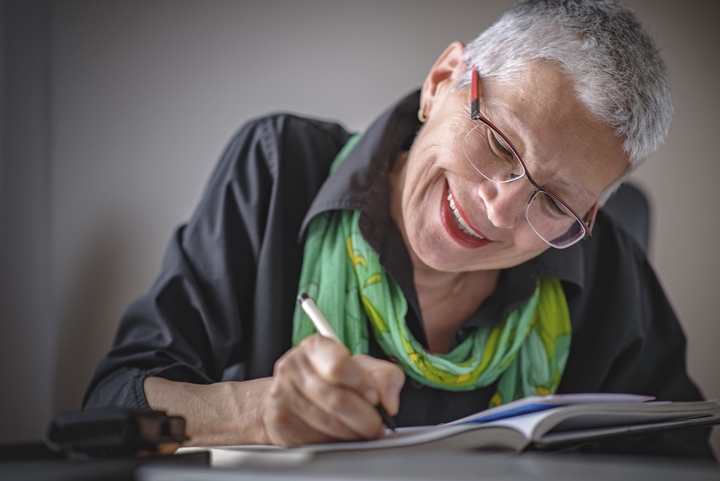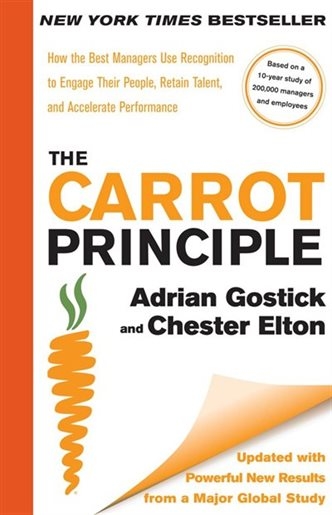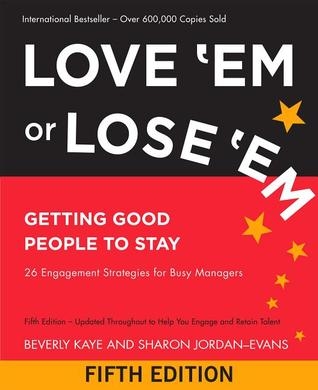
Deciding when to retire is a personal choice that depends on many factors. While some eagerly anticipate retirement, others feel unsure when the time is right. Before making this significant decision, it is important to consider your financial situation, health, and personal goals. Thinking through these factors can help you feel confident and ready when the moment comes.
Retirement should be a fulfilling new chapter, not a rushed or uncertain step. Here are some tips to know when to retire from work:
Review Your Finances

Financial security is one of the most important considerations in deciding when to retire. Evaluate your savings, pensions, and other income sources you will rely on during retirement. Ensure these funds can cover your everyday expenses and allow for unexpected costs.
Creating a retirement budget is a helpful way to understand your financial readiness. Include housing, groceries, healthcare, and activities in your plan. If you are unsure whether your savings are sufficient, consulting a financial advisor can provide clarity and guidance.
Monitor Your Health

Your physical and mental well-being can play a significant role in the timing of your retirement. If your job is becoming physically demanding or your health needs more attention, it might be time to step back. Assess whether you can continue working comfortably or if retirement would allow you to focus on your health.
Think about how you will maintain your health after retiring. Activities like regular exercise, balanced meals, and routine check-ups are essential. Many retirees find that moving to a retirement home provides access to wellness programs and healthcare services, making it easier to stay healthy and active.
Reflect on Your Job Satisfaction

How you feel about your work is another key factor. If your job remains fulfilling and enjoyable, you may decide to keep working longer. On the other hand, if you feel drained or unmotivated, it might be time to consider retirement.
Pay attention to how you feel at the end of each workday. Reflecting on your energy levels and overall satisfaction can provide valuable insights into whether you are ready to move on to the next phase of life.
Try a Gradual Transition

If you are unsure about fully retiring, consider easing into it. Options like reducing your work hours or transitioning to part-time can give you a sense of what retirement feels like while maintaining some income.
This gradual approach allows you to adjust at your own pace. It can also help you explore how you want to spend your retirement and whether you are ready for the change.
Plan Your Daily Routine

One challenge in retirement is adjusting to a life without a structured work schedule. Planning a daily routine can help you maintain a sense of purpose and stay motivated. Think about how you want to structure your days and what activities you would like to include.
Whether it is joining a club, volunteering, or exploring new hobbies, having a plan for your time makes the transition smoother. Retirement homes often offer a wide range of activities and social opportunities, helping residents stay engaged and active while simplifying daily responsibilities.
Define Your Retirement Goals

Consider what you want to do with your time. Whether it is travelling, spending more time with family, or pursuing hobbies, having a clear vision of your goals can help you decide when to retire.
Feeling excited about the opportunities ahead is often a good sign that you are ready to retire. Planning for specific activities can make the transition smoother and more enjoyable.
Discuss with Family

Family can influence your decision to retire. If you have a partner, discuss your plans to ensure you are aligned. Consider how retirement will affect your schedules and how you can support each other during this transition.
If you have aging parents or young grandchildren, retiring might allow you to dedicate more time to your family. Discussing your retirement plans with loved ones can help you determine how your relationships fit into your vision of the future.
Trust Your Instincts

Ultimately, deciding when to retire is a personal choice. While practical considerations are important, your instincts can also guide you. Pay attention to how you feel about continuing to work versus stepping into retirement. If you feel ready, it might be time to make the change.
Retirement is a big step, but with careful planning and reflection, you can create a fulfilling and enjoyable next chapter. Trust yourself and your decisions as you move toward this new stage of life.









